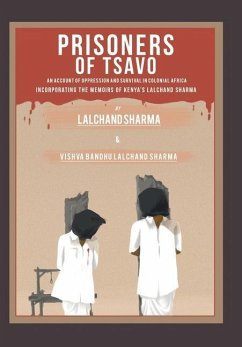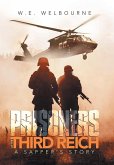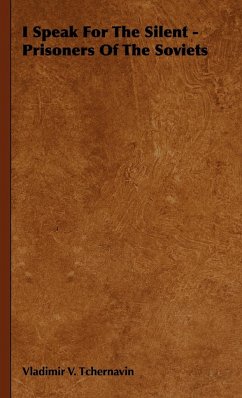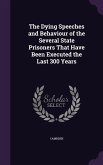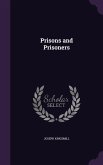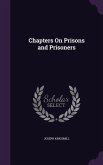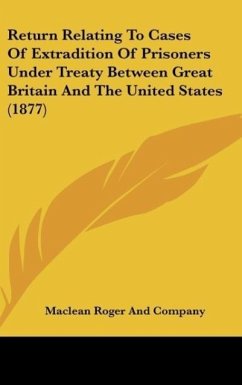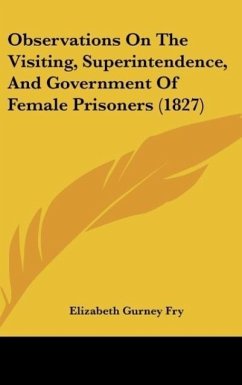Lalchand Sharma-on the surface-may seem like a regular man from a poor, rural area of British India. But look a little closer, and you will see someone with an indomitable spirit who refused to try saving his own life by giving false evidence during a trial near Tsavo, Kenya, against fellow Indians. This was when, partly to explain their defeat at the hands of vastly outnumbered German forces during the Africa campaign of World War I, the British made scapegoats out of innocent Indians. At the same time, the British were afraid that the Ghadar movement (an Indian freedom struggle) would spread to East Africa. In this autobiography, edited and set in its historical, geographical, and cultural context by the author's son, readers will discover the manner in which the Indian and Kenyan freedom struggles coalesced. The author also examines two paradigm shifts that played out in the cultural integration of Indians in the larger Kenya nation. Learn about a fascinating and largely ignored piece of history, and find out how the author escaped execution while others died in Prisoners of Tsavo.
Hinweis: Dieser Artikel kann nur an eine deutsche Lieferadresse ausgeliefert werden.
Hinweis: Dieser Artikel kann nur an eine deutsche Lieferadresse ausgeliefert werden.

